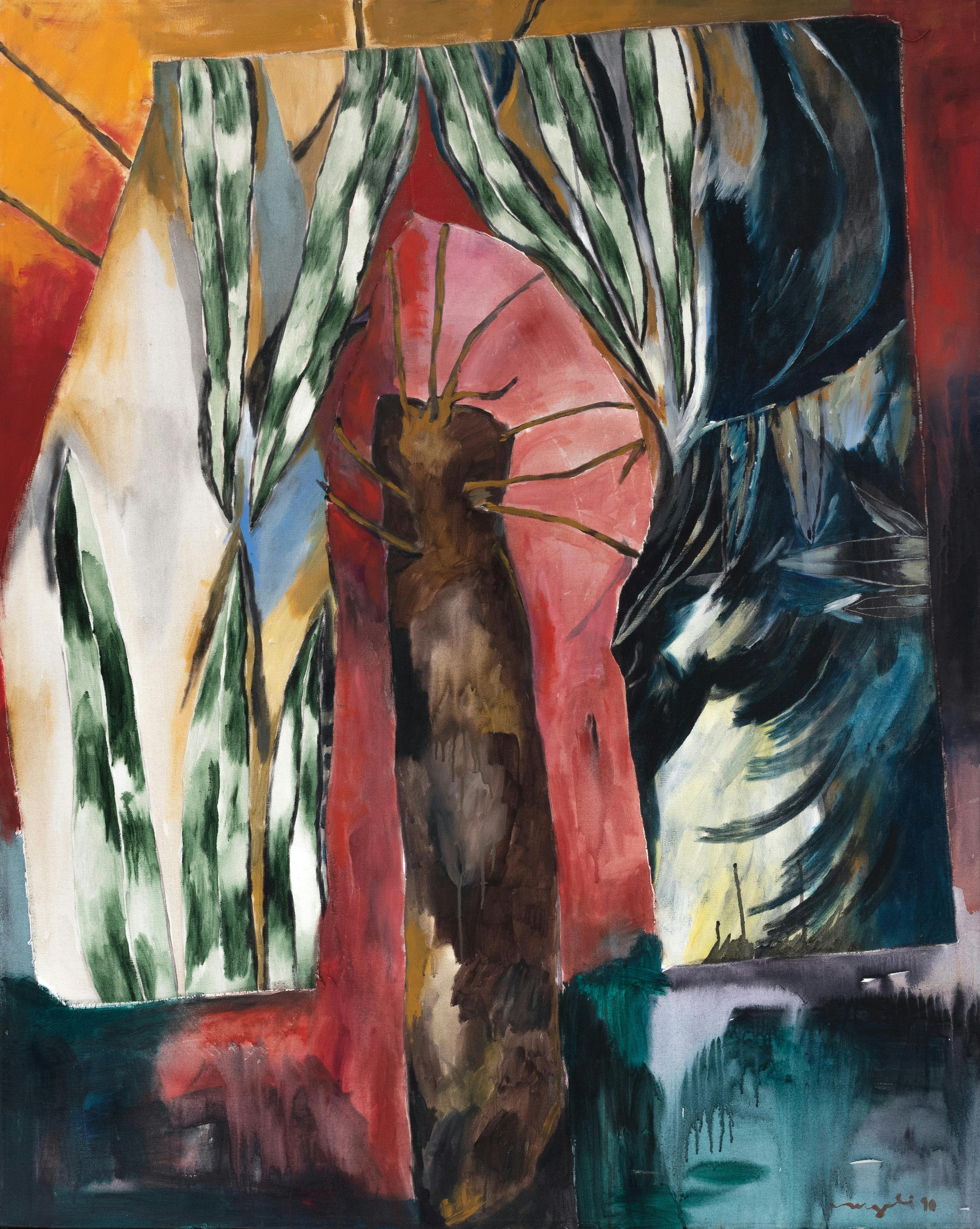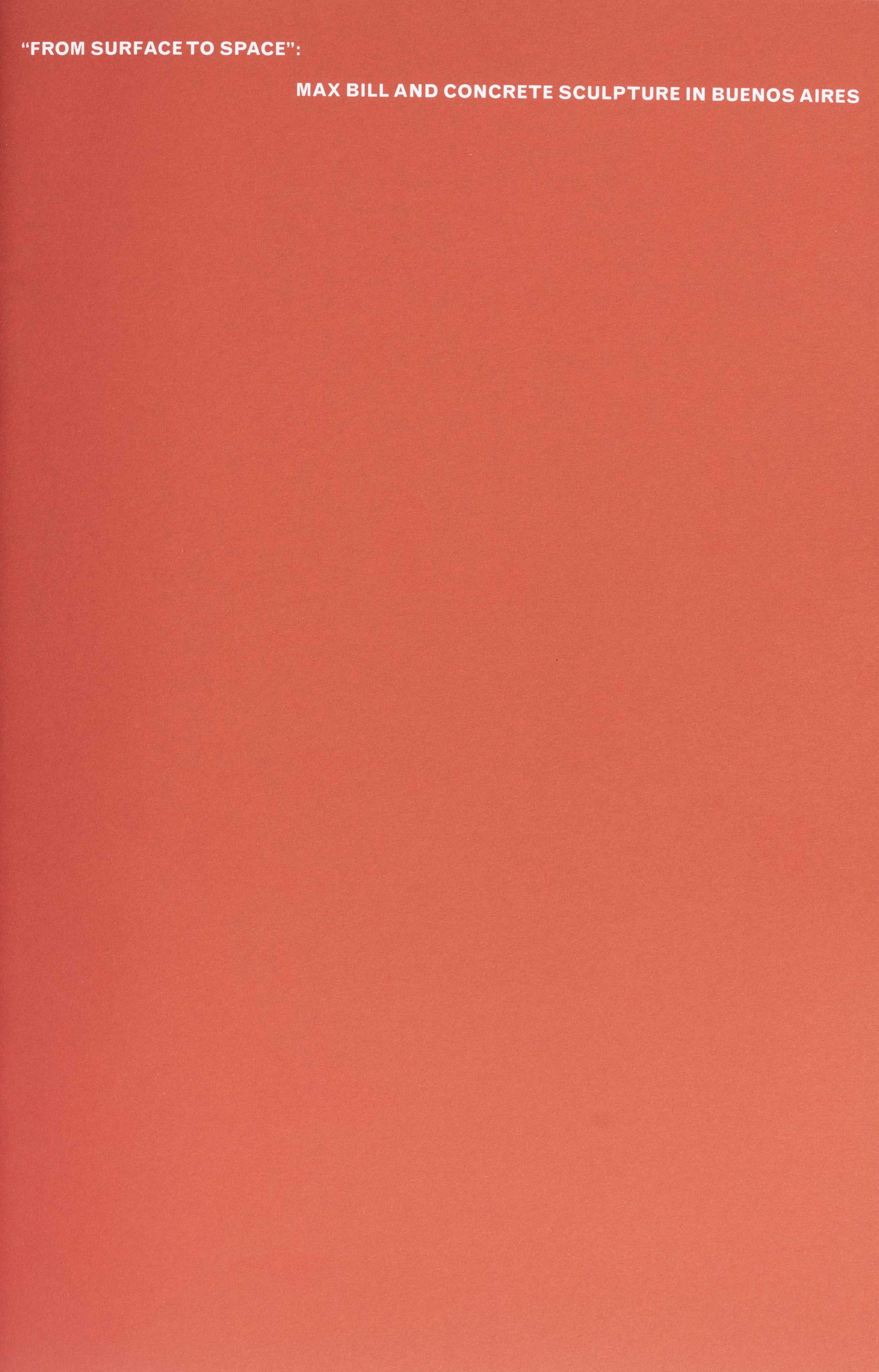The Institute for Studies on Latin
American Art (ISLAA) supports the study
and visibility of Latin American art.
Threads to the South considers fiber as a conceptual tool for exploring belonging, identity, and territory in Latin America
ISLAA is pleased to present a special two-hour performance by Peruvian abstract turntablist and sound artist Maria Chávez.
Art historian Agustín Díez Fischer examines bodily extension and mediated reconstruction in a choreographic work by Argentine conceptual artist Leopoldo Maler.
We are pleased to announce our participation in Printed Matter’s NY Art Book Fair (NYABF).
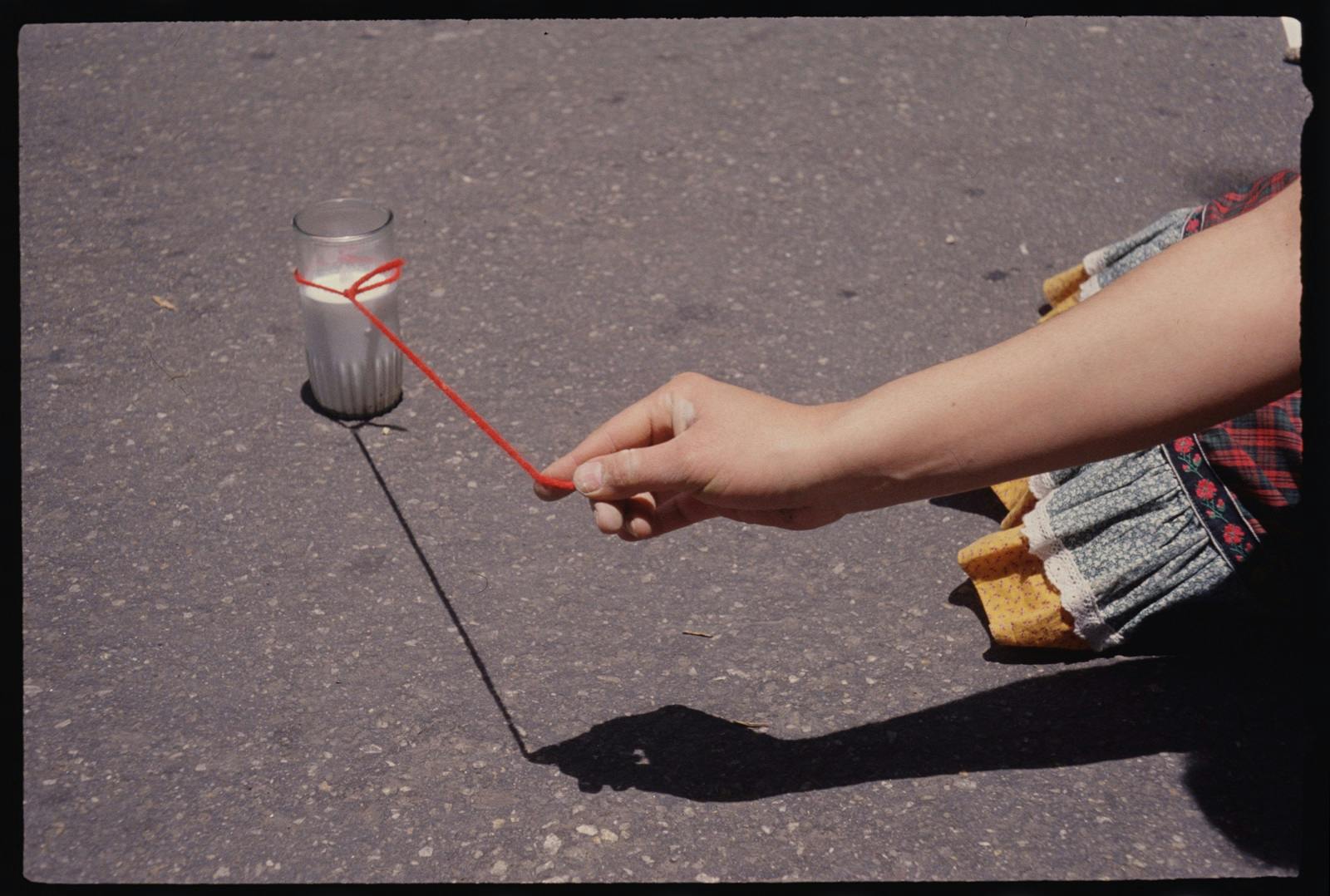
Threads to the South
Threads to the South considers fiber as a conceptual tool for exploring belonging, identity, and territory in Latin America.
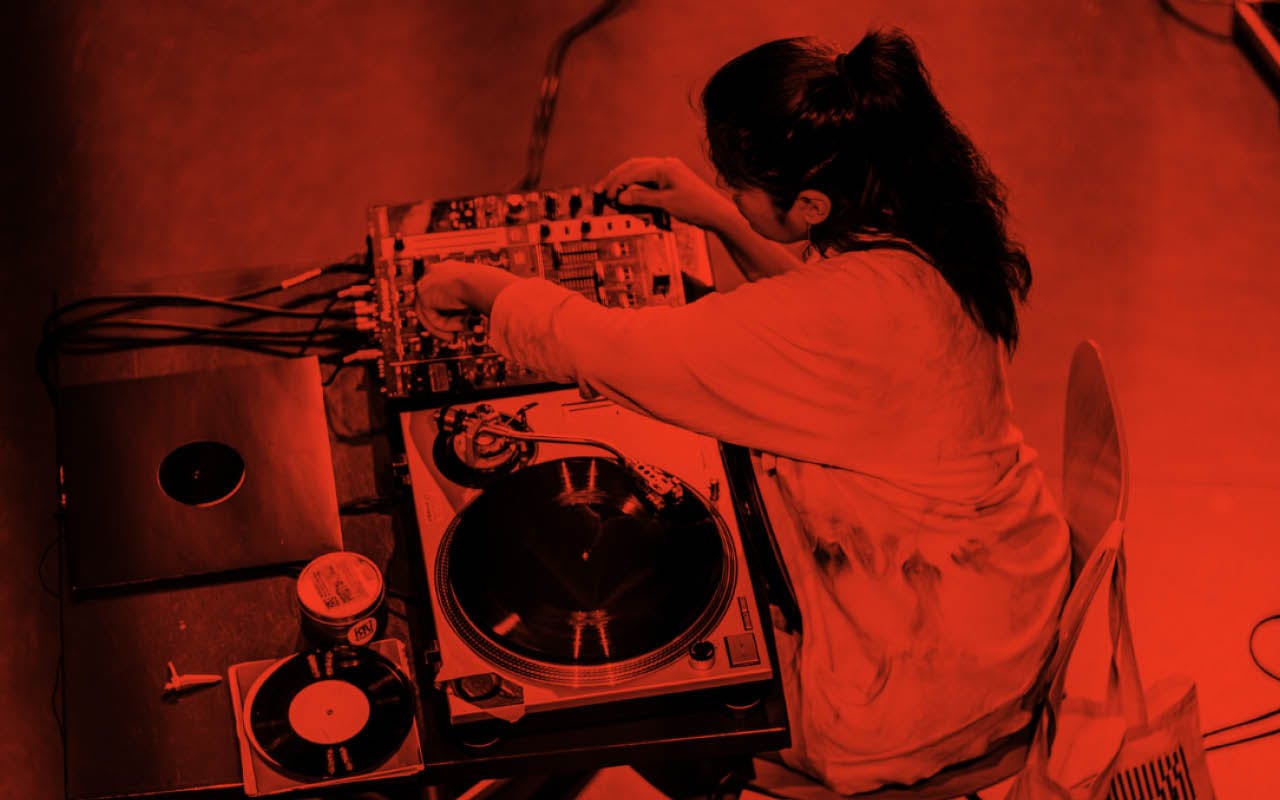
NYABF Celebration with Maria Chávez
ISLAA is pleased to present a special two-hour performance by Peruvian abstract turntablist and sound artist Maria Chávez.
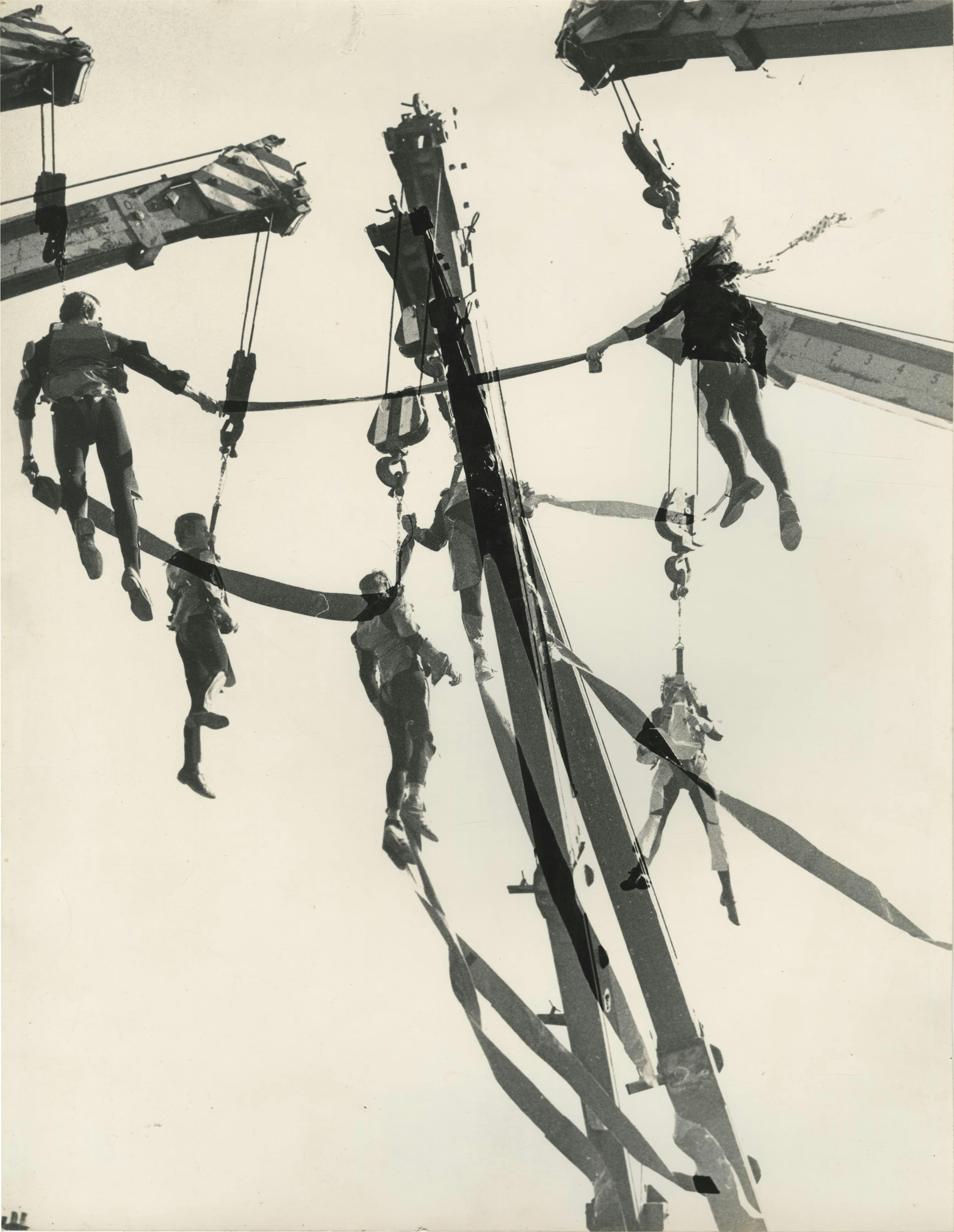
A Dance of Bodies and Machines: Leopoldo Maler’s Crane Ballet
Art historian Agustín Díez Fischer examines bodily extension and mediated reconstruction in a choreographic work by Argentine conceptual artist Leopoldo Maler.
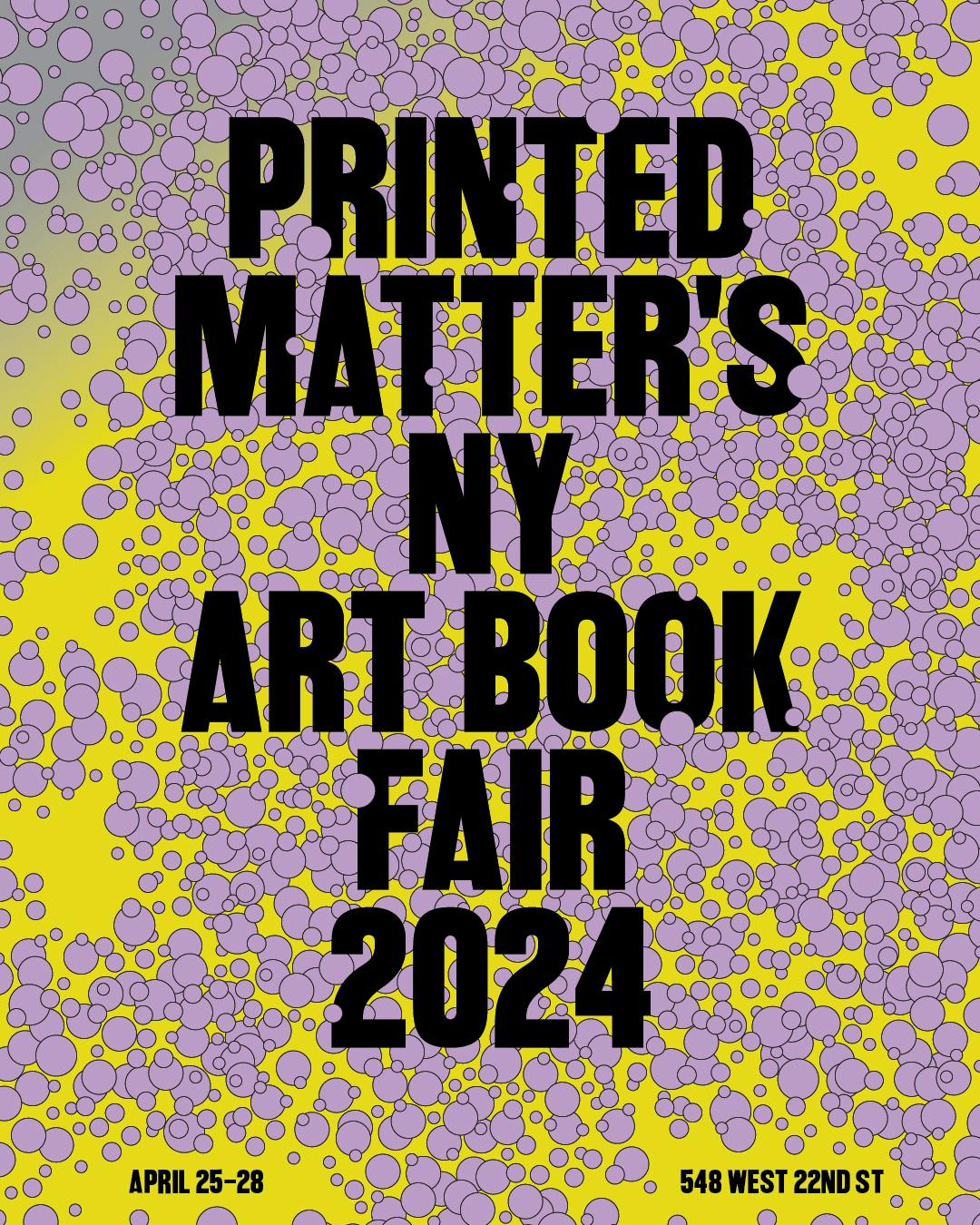
ISLAA at New York Art Book Fair 2024
We are pleased to announce our participation in Printed Matter’s NY Art Book Fair (NYABF).
CALENDAR
PUBLICATIONS
Tue–Sat: 12–6 PM Sun–Mon: Closed
Tue–Sat: 12–6 PM Sun–Mon: Closed
